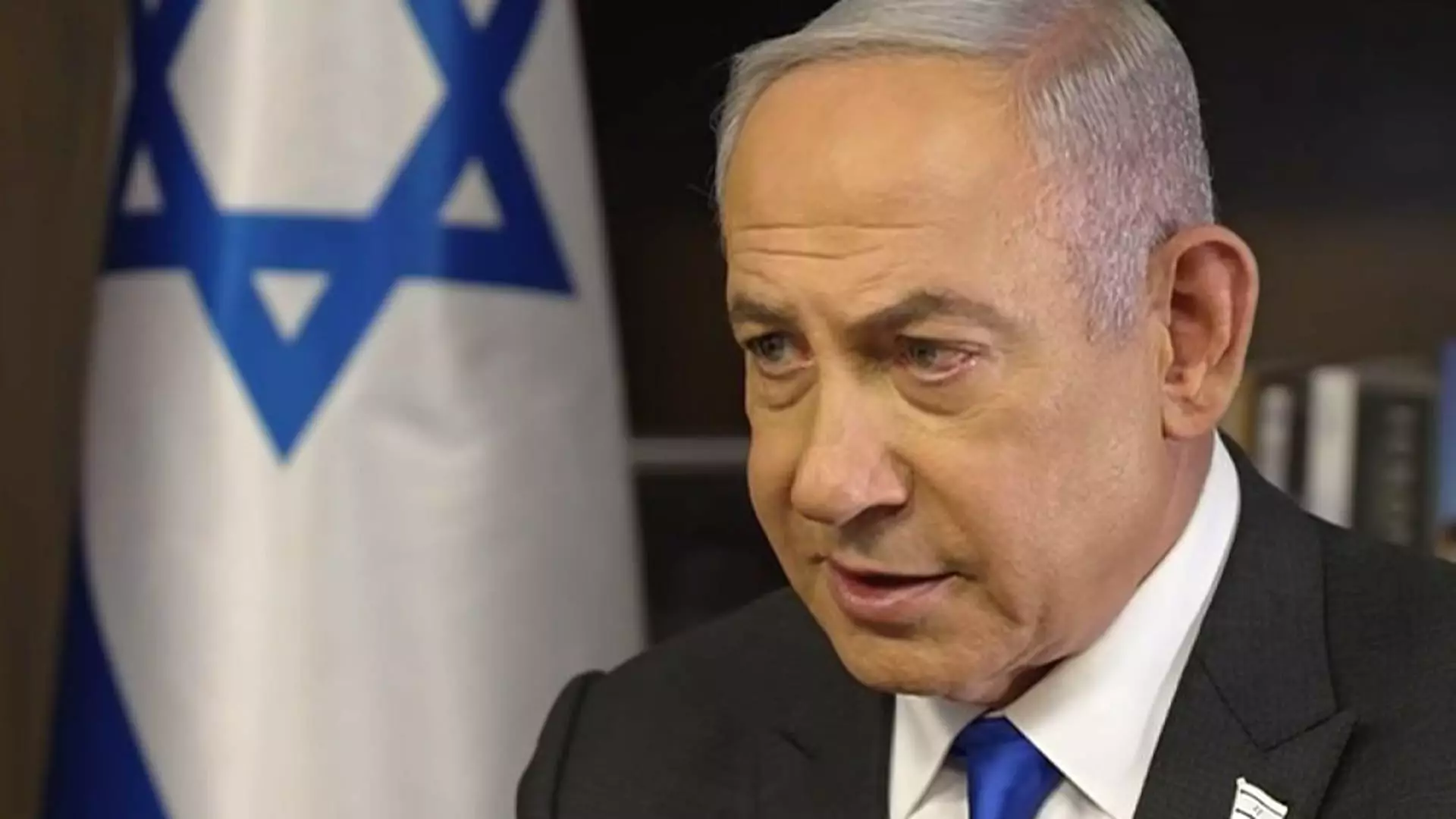Israeli Prime Minister Benjamin Netanyahu has defended Israel’s military offensive in Rafah in the Gaza Strip, despite tensions with the United States. In an interview with CNBC, Netanyahu emphasized the necessity of the operation to ensure Israeli security. He acknowledged that there is a disagreement on the issue but firmly stated, “we have to do what we have to do” in order to protect the nation’s survival and future.
International Concerns
The United States and other countries have expressed concerns over Israel’s deepening offensive into Rafah, citing fears for the safety of Palestinian civilians caught in the crossfire between Israel and the militant group Hamas. While Israel maintains that its conflict is targeted solely at Hamas and not civilians, human rights organizations have highlighted the impact of the military campaign on the civilian population in the Gaza enclave.
The ongoing conflict in Rafah has led to a significant loss of life, with over 1,200 people killed in Israel and more than 35,000 in the Gaza Strip, according to official counts. Despite diplomatic efforts to de-escalate the situation, including talks with the United States, Netanyahu reiterated that Israel will prioritise protecting its citizens.
The European Union has called for an immediate end to Israel’s military operation in Rafah, condemning the internal displacement, famine, and human suffering caused by the conflict. The EU also denounced Hamas’ attack in Kerem Shalom, underscoring the need for a peaceful resolution to the crisis in the region.
Goals of the Operation
Netanyahu has revealed that Israel’s primary objective is to target the destruction of four remaining Hamas battalions in Rafah. The military offensive was launched in response to a terror attack by Hamas and has resulted in the displacement of over 1.4 million people in the area, according to the U.N.
Regional and Global Impact
The conflict in Rafah has escalated tensions in the Middle East, with Israel engaging in strikes with Hezbollah in Lebanon and Iran. The disruption of naval trade routes, attacks by Yemen’s Houthi rebels, and uncertainty over crude oil supplies from the Middle East have further complicated the situation. Additionally, the conflict has cast doubt on the potential normalization of relations between Israel and Saudi Arabia, a key objective for the United States.
The military offensive in Rafah has sparked international concern and condemnation, with calls for an immediate cessation of hostilities to prevent further loss of life and human suffering. The Israeli Prime Minister’s assertion of the operation’s necessity for national security underscores the complexity of the situation and the challenges of finding a peaceful resolution in the region.

Leave a Reply